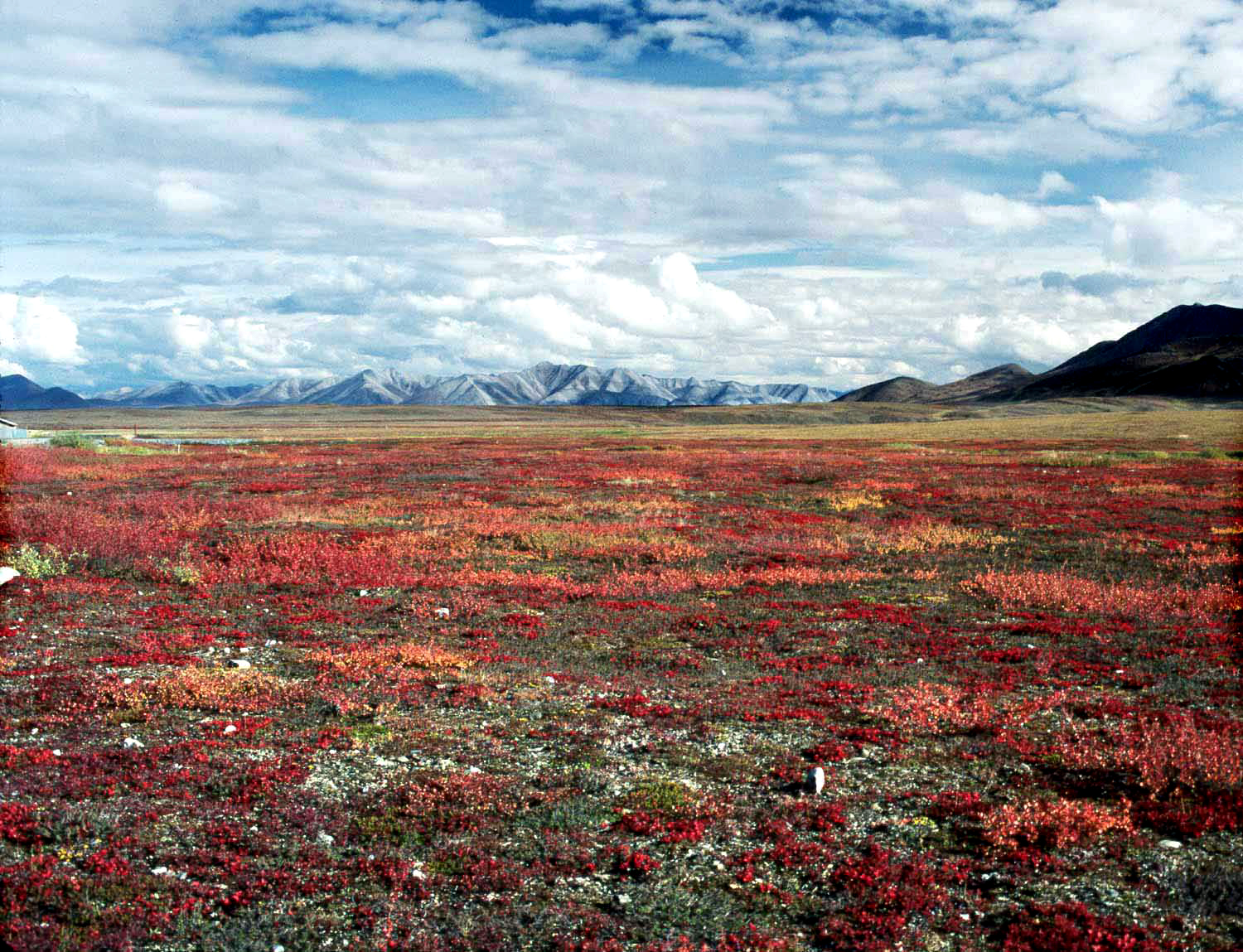Field Research, Interrupted: How the COVID-19 Crisis is Stalling Science | Mongabay

MBL Senior Scientist Edward Rastetter talks to Mongabay about the impacts of the COVID-19 crisis on field research at the MBL-led Arctic Long Term Ecological Research site in Toolik Lake, Alaska.
The COVID-19 pandemic is giving “cancel culture” a new meaning. Weddings, graduations, academic conferences, sports events and birthday parties are all postponed until further notice. Among the laundry list of activities placed into involuntary hibernation is something many might not have considered: scientific field research.
As scientists across the globe stay at home to help stop the spread of COVID-19, field research has come to an abrupt stop.
 Autumn colors, with the Brooks Range in the background, near the Sagavanirktok River, Alaska. This area is part of the Arctic Long Term Ecological Research (ARC LTER) which is operating only the most essential research during the COVID-19 lockdown. Photo by Jim Laundre, Arctic LTER.
Autumn colors, with the Brooks Range in the background, near the Sagavanirktok River, Alaska. This area is part of the Arctic Long Term Ecological Research (ARC LTER) which is operating only the most essential research during the COVID-19 lockdown. Photo by Jim Laundre, Arctic LTER.“Collecting long-term data in projects running for more than 40 years, being able to feed live animals and water plants that are part of ongoing experiments, and operating basic systems such as seawater pumps are some of the activities that have been either disrupted or completely halted,” Oris Sanjur, associate director for science administration at the Smithsonian Tropical Research Institute (STRI) in Panama, told Mongabay.
Though research institutions and funders are doing their best to keep irreplaceable science alive during the pandemic, the ever-evolving COVID-19 situation has made it nearly impossible for scientists to do what they do best: make and execute plans.
Read more of the article here.
Source: Field research, interrupted: How the COVID-19 crisis is stalling science | Mongabay